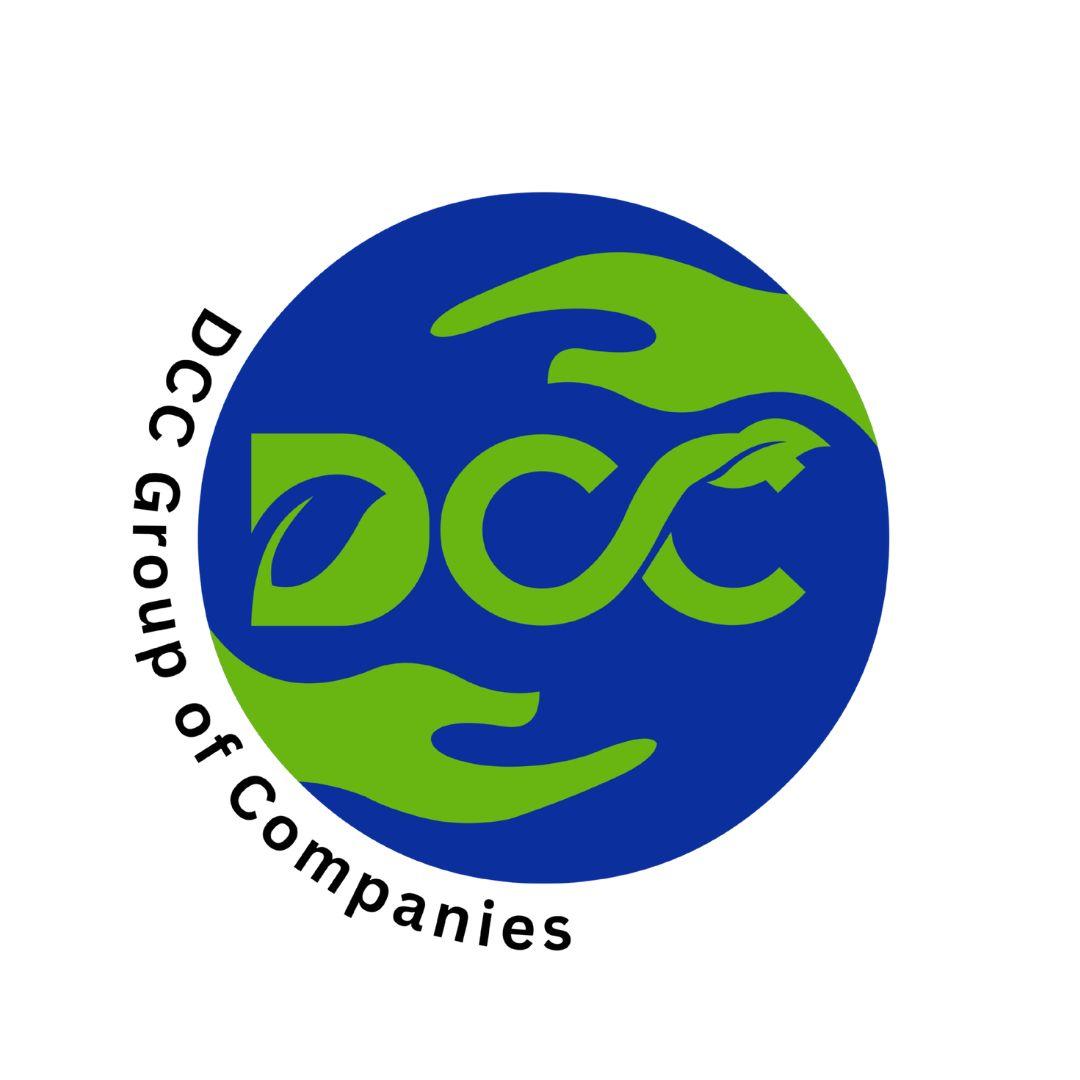How Municipal Solid Waste Segregation Plants Drive Recycling Efficiency - DCC Group

India produces over 62 million tons of municipal solid waste (MSW) annually, yet only 30% is recycled, leaving landfills overburdened and contributing to methane emissions and groundwater pollution. DCC Group is transforming urban waste management with advanced municipal solid waste segregation plants. By integrating garbage segregation machines, automatic waste sorting plants, and waste screening machines in MSW plants in India, DCC boosts recycling efficiency, supporting the circular economy and Swachh Bharat Mission.
The Role of Municipal Solid Waste Segregation Plants
Municipal solid waste segregation plants are designed to sort mixed waste into recyclables, organics, and refuse-derived fuel (RDF), reducing landfill dependency. DCC’s MSW plants in India process 10-500 tons daily, achieving 95% sorting accuracy. Their automatic waste sorting plants employ advanced waste screening machines, including trommel screens, ballistic separators, and magnetic separators, to segregate waste by size, shape, and material type. This ensures clean material streams, as seen in DCC’s Ghazipur project, which reclaimed 3.05 acres.
The process begins with fresh waste entering the garbage segregation machine, where trommels separate fines (soil, sand) from larger items like plastics and paper. Ballistic separators sort 2D (films, paper) and 3D (bottles, cans) fractions, while magnetic and optical sorters isolate metals and plastics. Organics are composted using OWC machines, and non-recyclables are converted into RDF, reducing fossil fuel use by 0.54 tons of CO2 per ton of waste, as noted in industry sources like zerowasterecycler.com.
Boosting Recycling Efficiency
DCC’s municipal solid waste segregation plants enhance recycling efficiency by producing high-purity recyclables, increasing their market value. Plastics are recycled into granules for new products, compost supports urban agriculture, and RDF powers waste-to-energy plants, aligning with India’s Solid Waste Management Rules, 2016. In cities like Delhi and Bangalore, DCC’s automatic waste sorting plants divert up to 90% of waste from landfills, minimizing methane emissions (0.5 tons of CO2 equivalent per ton) and groundwater contamination.
The decentralized approach of MSW plants in India processes waste locally, cutting transport emissions by 0.3 tons of CO2 per ton. This is critical for densely populated urban areas, where logistics costs and environmental impact are high. DCC’s integration of AI-driven sensors and IoT monitoring optimizes waste screening machine performance, reducing downtime and ensuring consistent output for recycling industries.
Challenges and Future Innovations
Challenges like inconsistent source segregation and high setup costs persist, but DCC addresses these with community education and modular plant designs. The global waste management market, projected to reach USD 2.1 trillion by 2027, offers opportunities for DCC to adopt AI-enhanced sorting and blockchain for waste tracking, further improving efficiency.
A Sustainable Urban Future
DCC Group’s municipal solid waste segregation plants drive recycling efficiency with garbage segregation machines and automatic waste sorting plants. Contact them at info@zerowasterecycler.com or +91-7290049003 to explore how their MSW plants in India can transform your city into a zero-waste, sustainable hub, fostering cleaner, greener urban development.
- Art
- Causes
- Crafts
- Dance
- Drinks
- Film
- Fitness
- Food
- Juegos
- Gardening
- Health
- Home
- Literature
- Music
- Networking
- Other
- Party
- Religion
- Shopping
- Sports
- Theater
- Wellness




